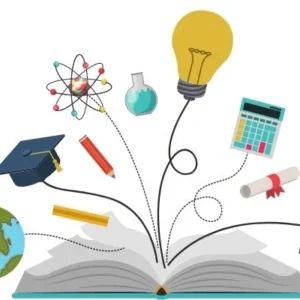The World Bank has approved a US$47.9 million grant, funded by the Global Partnership for Education Fund, to enhance educational access and quality for children in Pakistan’s Punjab province. The support is aimed at improving participation among both girls and boys at pre-primary and primary levels, strengthening learning outcomes, and providing remedial support for elementary students.
The initiative, titled “Getting Results: Access and Delivery of Quality Education Services and System Transformation in Punjab Project,” focuses on expanding early childhood education, re-enrolling out-of-school children, strengthening teacher support, and enhancing the education sector’s capacity to respond to climate change and emergencies. By improving human capital and resilience, the project targets the province’s most vulnerable populations in alignment with the World Bank Group’s goals of reducing extreme poverty and promoting shared prosperity.
World Bank officials highlighted the project’s potential to address learning poverty and ensure equitable access to quality education across Punjab. Through foundational learning improvements, capacity strengthening, and behavioral change initiatives, the project is expected to support long-term human capital development and drive economic growth in the province.
The project will benefit over four million children, including 80,000 out-of-school children, more than three million students in School Education Department (SED) schools, around 850,000 students in non-formal education, and 140,000 differently-abled children in Special Education Department (SpED) schools. In addition, over 100,000 teachers, school leaders, parents, and community members will gain from professional development programs and awareness campaigns, while broader systemic reforms will indirectly benefit all students in the province.
The project aligns with the Government of Punjab’s broader education reform agenda, focusing on creating a more effective, accountable, and inclusive education system. It supports improvements in governance, management, and capacity across the school, special education, and non-formal education sectors while fostering partnerships with communities to ensure sustainable outcomes.
Since joining in 1950, Pakistan has received over $48.3 billion in assistance from the World Bank, with the current portfolio including 54 projects valued at $15.7 billion. The International Finance Corporation (IFC) has also invested approximately $13 billion in Pakistan, supporting sectors such as renewable energy, financial inclusion, infrastructure, agribusiness, manufacturing, housing, healthcare, and trade.






